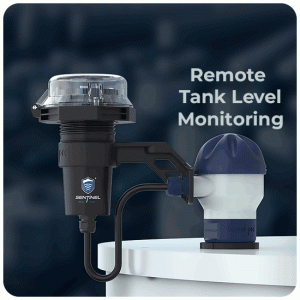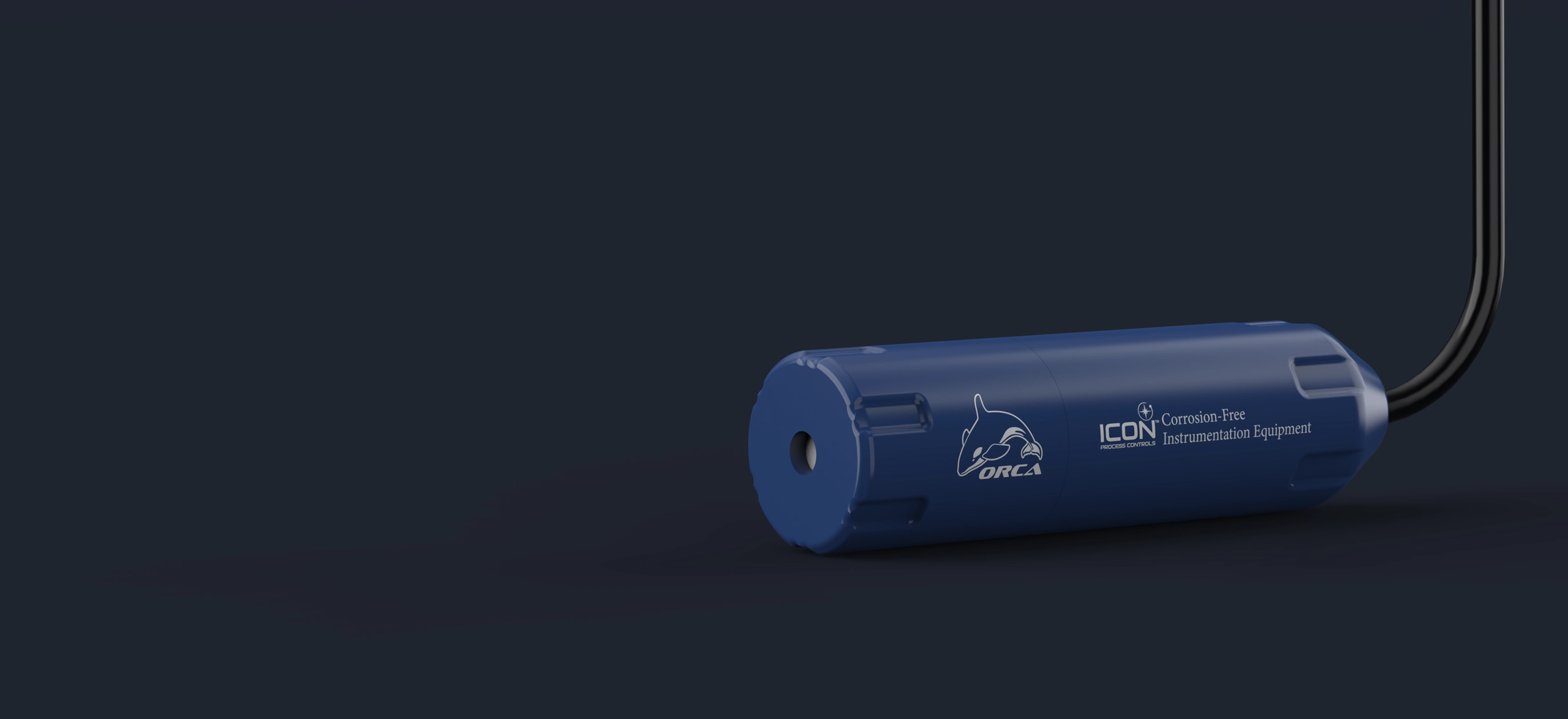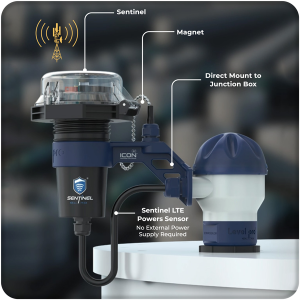Submersible Tank Level Sensors- Best Choice Bulk Chemicals

Submersible tank level sensors are generally a good choice for bulk chemical applications because they are able to withstand the corrosive nature of many chemicals, provide accurate and reliable measurements, and are relatively simple and easy to install and maintain.
A submersible tank level sensor for corrosive applications is designed to be resistant to corrosion, which is the deterioration of a material due to chemical reactions with its environment. This is important because corrosive substances can damage or destroy a sensor that is not designed to withstand them.
There are many different types of materials that can be used to make a submersible tank level sensor for corrosive applications, such as plastic materials such as PVC, PP, PVDF, and PTFE also known as Teflon. These materials are resistant to corrosion and can withstand exposure to corrosive substances.
It is also very important to ensure that the cable is also chemically inert to the corrosive liquid. The Levelpro Tank level sensor (100 Series Tank Level Sensor) comes equipped with a Teflon® jacketed cable.
Also, the o-ring seals must also be compatible with the corrosive liquid media, FPM or FKM, EPDM seals are often used. Icon Process Controls offers submersible tank level sensors with a FFKM -Kalrez® face seal o-ring for exceptional sealing performance.
In addition to the materials used, a submersible tank level sensor for corrosive applications may also have special coatings or treatments to further protect it from corrosion. For example, it may have a protective coating that prevents corrosive substances from coming into contact with the sensor’s surface.
One reason that submersible tank level sensors are well-suited for use in bulk chemical applications is their ability to withstand the corrosive nature of many chemicals.
Another reason that submersible tank level sensors are a good choice for bulk chemical applications is their ability to provide accurate and reliable measurements. These sensors are able to measure the level of the fluid directly, which means that they are able to provide accurate and reliable readings even in the presence of corrosive chemicals. This is important in applications where accurate and reliable measurements are critical, as it helps to ensure that the chemical processes being monitored are operating at optimal efficiency.
Finally, submersible tank level sensors are relatively simple and easy to install and maintain. These sensors can be easily integrated into new or existing piping systems, and do not require any special sensors or probes to be inserted into the tank. In addition, submersible tank level sensors are generally resistant to fouling, which makes them relatively easy to maintain.
Overall, submersible tank level sensors are generally a good choice for bulk chemical applications due to their ability to withstand the corrosive nature of many chemicals, provide accurate and reliable measurements, and be simple and easy to install and maintain.
Learn more about level sensors
Please contact us to discuss your application


